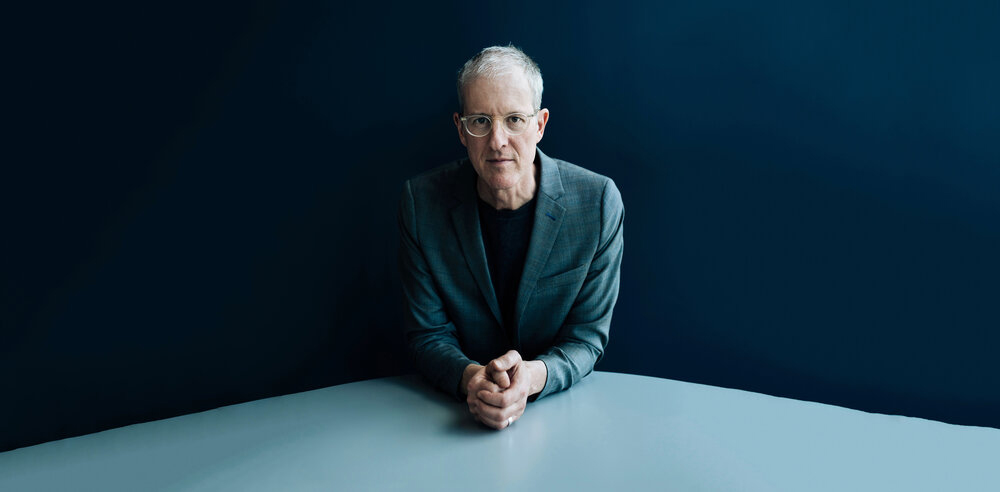Summary
Today my guest is city planner and urban designer Jeff Speck. Originally trained as an architect, Jeff is most famous within the FIRE community for his award-winning 2012 book: ‘Walkable City: How Downtown Saves America, One Step at a Time’.
It’s amazing how such a small detail like walkability can touch on so many tenants within the FIRE ethos. The economy, health benefits and sustainability are all areas that are impacted greatly by our poorly designed cities which are where the majority of humans on earth live.
Some of the topics we cover in today’s episode are:
- How Jeff became an expert in city planning. (00:03:25)
- What is urban design and city planning? (00:09:02)
- City development before the great depression and world war 2 (00:13:43)
- How do we solve this problem of a car-centric environment? (00:36:25)
- Health benefits of a walkable city (00:41:14)
- How we can change our roads to benefit pedestrians and reduce traffic (00:52:09)
- Different ways to make a city more walkable (00:57:48)








What an awesome ep! I nearly skipped over this one and am so glad I didn’t. One thing that really resonated with me was when you or Jeff (can’t remember which) mentioned that as soon as you need a car for anthing then you’re incentivised to use it often. This is especially so in Australia because of the sky high one off costs that you’re up for whether you drive 10km a week or 1,000km.
I could nearly get away without a car except for getting to and from sports training – a drive of 20km each way several times a week. If I could pay rego and insurance based on fair, usage based criteria, it would incentivise me toward not jumping in the car for other things where walking/cycling/public transport were viable alternatives. Even better if one day autonomous vehicles advance to the stage where there are cheap, available roving fleets available for point to point travel.
So true and I’m glad you enjoyed this episode.
I had a few more questions that I would have loved to have asked. Maybe I’ll get Jeff back on the show. I think autonomous vehicles is a really interesting talking point.
Just got to this podcast as other responder said originally skipped over. So glad I went back as I really enjoyed it. Hubby & I live in an apartment in inner suburb of Brisbane & people often say I couldn’t live in such a small space but we don’t live in our apartment – we live in our community – walk to work, grocery store, restaurants & public transport for a bit further afield or into CBD is fantastic. My cost of living has significantly reduced compared to living in large house in the suburbs. Working as a social worker & nurse, my husband & I will not financially be able to retire as early as we would like but we have simplified our lives- no commute & don’t spend weekends cleaning & maintaining. Agree FIRE is about more than accumulating wealth. Thanks Aussie Firebug
Great comment Maree.
This was one of my favourite episodes for last year 🙂
I would base a housing purchase on walkability and how good the public transport was (or cycling facilities). I would even pay more for a house/unit in a walkable city, as car costs would decrease, you get more incidental exercise and you get to see more when walking. And I believe that walkable cities would be safer and of course there is the environmental advantage. So many positives!
As Maree mentioned above, they do not live in their apartment, they live in their community.